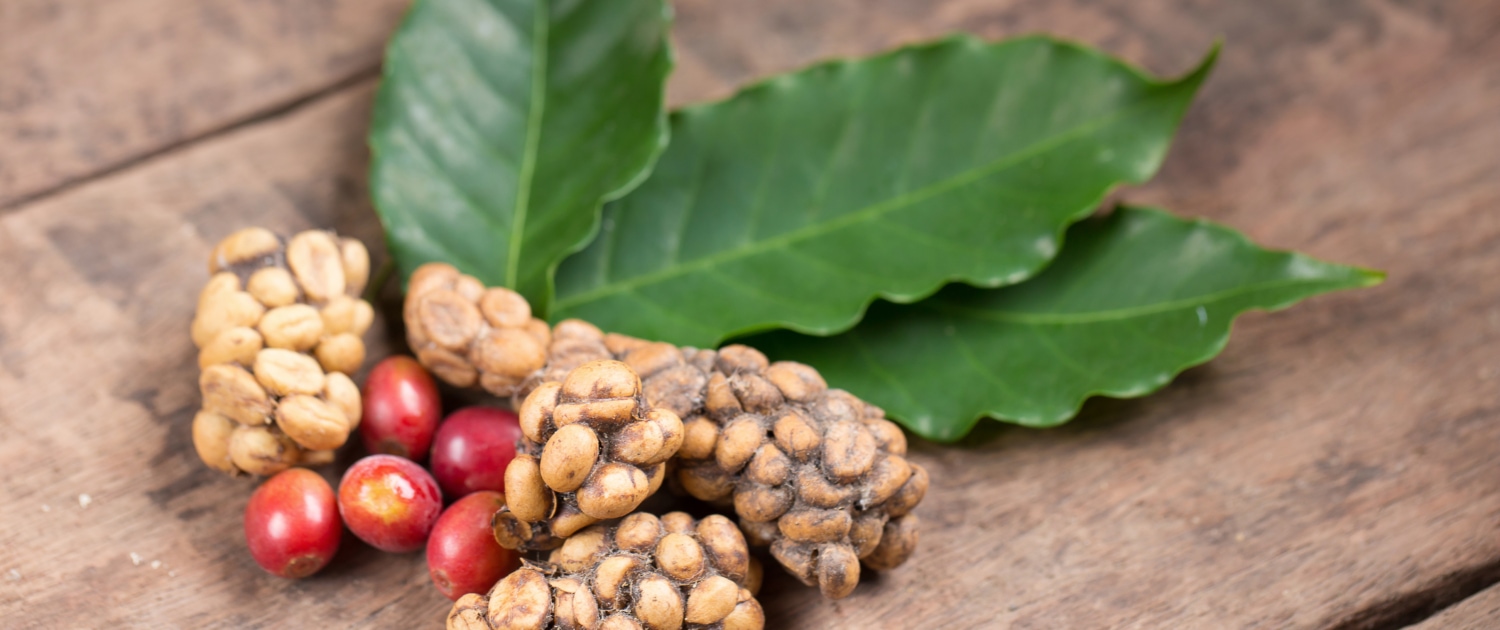Kopi Luwak Coffee
There are many incredible coffee varieties and stories in the world.
Kopi Luwak coffee is certainly one of them.
This is truly one of the most interesting but also increasingly controversial ones.
What if I tell you that you can find the world’s most expensive coffee in the poop of a cat-like animal? Which is living in an exotic location around the jungles of Indonesia?
Yes, you heard right.
A very cute looking cat is eating and digesting the coffee beans. Farmers will then collect the cat’s poop.
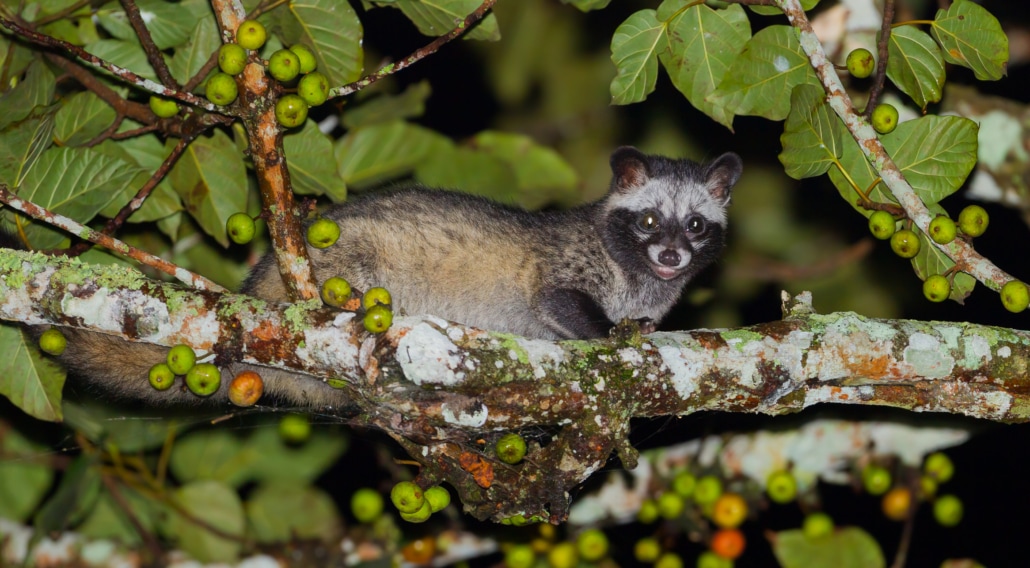
Eventually the most expensive and also assumingly best coffee in the world is the result of it.
Many coffee lovers argue that especially the Kopi Luwak coffee carries great health benefits.
But there is also a growing number of coffee and animal lovers having doubts. More and more people are pointing out the rather disturbing secrets behind this very special coffee and its industry.
Here you can find an honest research and opinion.
ALL ABOUT KOPI LUWAK / CIVET COFFEE
You are probably wondering why this kind of coffee has two names. Let me explain.
The word ‘kopi’ originates from the language of Indonesian Bahasa. You literally translate it as simply coffee.
Furthermore, ‘luwak’ is what the Asian palm civet (link) is called in the local Sumatran language in Indonesia. The first people to start drinking this kind of coffee called it ‘luwak’, or ‘kopi luwak’.
Mostly in Western countries, people name the coffee after its famous jungle cat, namely ‘civet coffee’.
There are also others, who will just call it cat poop coffee.
What is civet coffee?
Civet coffee is a type of coffee that is made from coffee beans. These coffee beans are excreted as a whole in the droppings (excrement/poop) of the Asian palm civet.
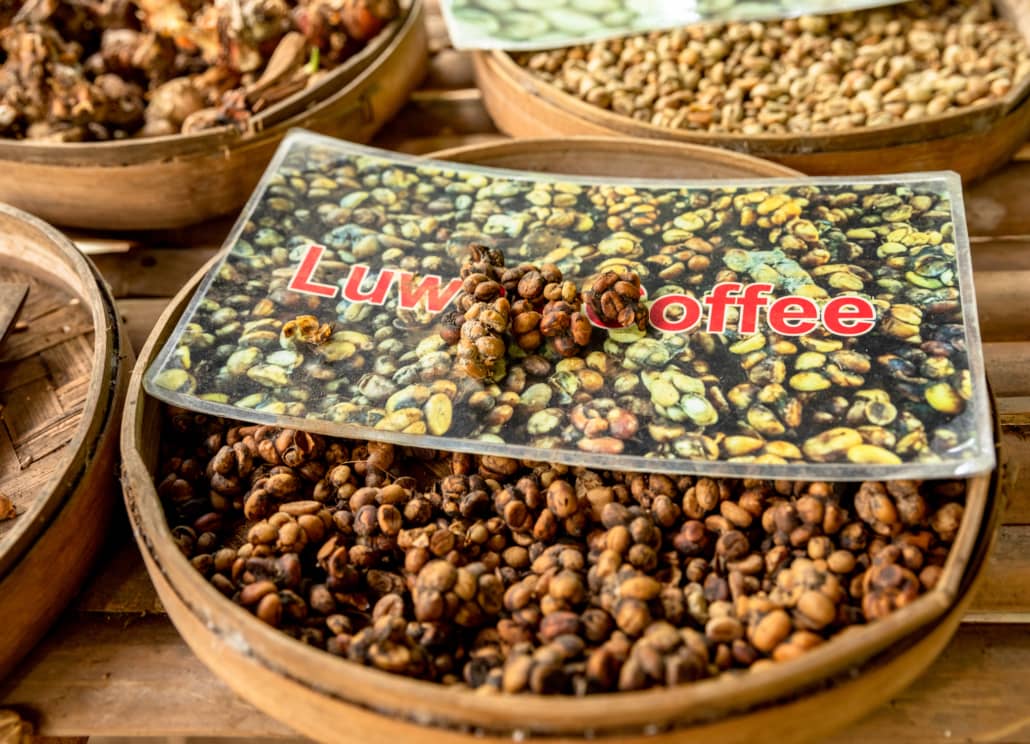
Coffee farmers and roasters can furthermore vary the specific type of coffee. It basically depends on the variety of beans the civet cat will eat.
Alternatively, it might eat beans from the ‘Arabica coffee’ plant, the ‘Robusta’, or any other coffee plant it has access to.
Regardless of the exact type of coffee beans, when it comes to Civet Kopi Luwak, it has more to do with the process it literally goes through.
But overall, most consumers prefer the flavor when farmers make Kopi Luwak with excreted Arabica beans, rather than the Robusta ones.
After the cat digests the beans, the farmers are collecting its droppings. Additionally, they will wash the beans, roast, grind and then brew them.
They are producing what is the world’s most expensive coffee, today.
Why is Kopi Luwak so expensive?
First of all, what do you think? How much does Kopi Luwak or Civet Coffee actually cost?
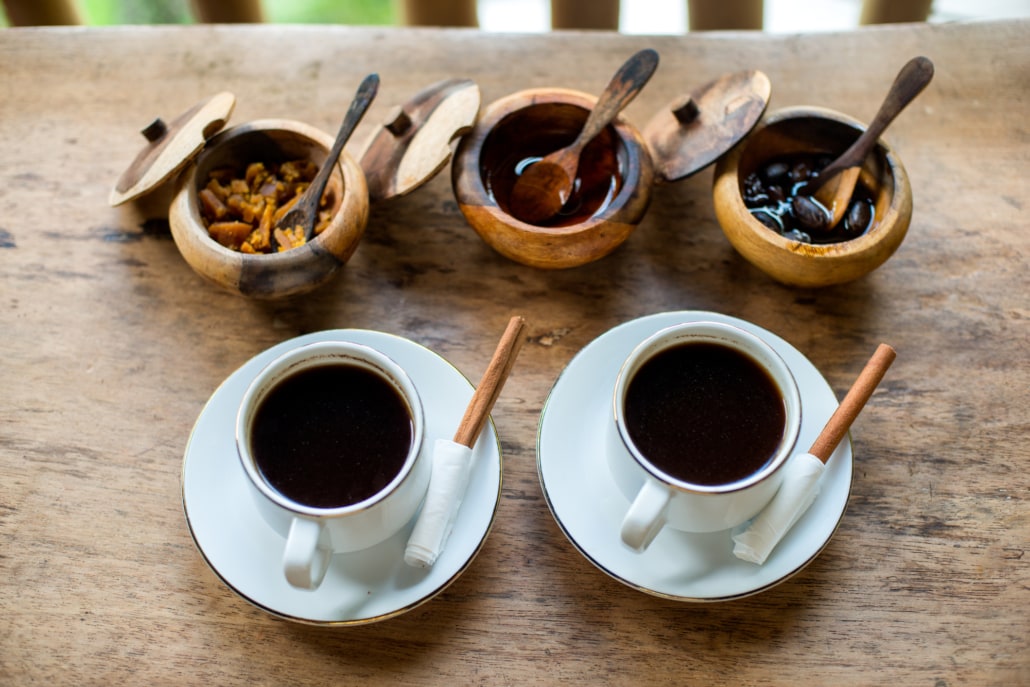
As you can imagine, this depends on a few things.
How are you buying it, by the cup or by the pound?
Does the coffee come from wild or caged civets? What is the supply and demand like in the area or country you are living in?
Just to get a general idea, we will look the U.S. American market and its US Dollar market price.
Basically and today, if you would buy this kind of coffee by the pound. It would cost between $100-$500 US. The more expensive, the higher likely it will be that the beans will come from wild civets.
For a single cup of civet coffee, you can expect to pay around $35-$80 US.
Now, why is it so expensive? Because nobody wants to collect cat poop and pick coffee beans out of it, right? No, not exactly.
Seriously speaking, the high price seems to come from the ‘specialty’ nature of the coffee. On top, it is the result of an overall quite clever marketing. Kopi Luwak stands for a very exclusive, exotic or peculiar, and hard to come by product.
However, there are also many coffee experts, who argue and question the actual top quality of civet coffee as such.
But since especially wild civet coffee is a very time and work consuming process, it quickly gained in fame.
It only recently lost in value and image again. Since many coffee and animal lovers raise more questions and concern about the very unique process. The same process, which actually made it so popular and expensive in the first place.
Civet Coffee and Exclusivity
If you would try to describe the Civet coffee and its hype around it.
You can do so in one word: exclusivity.
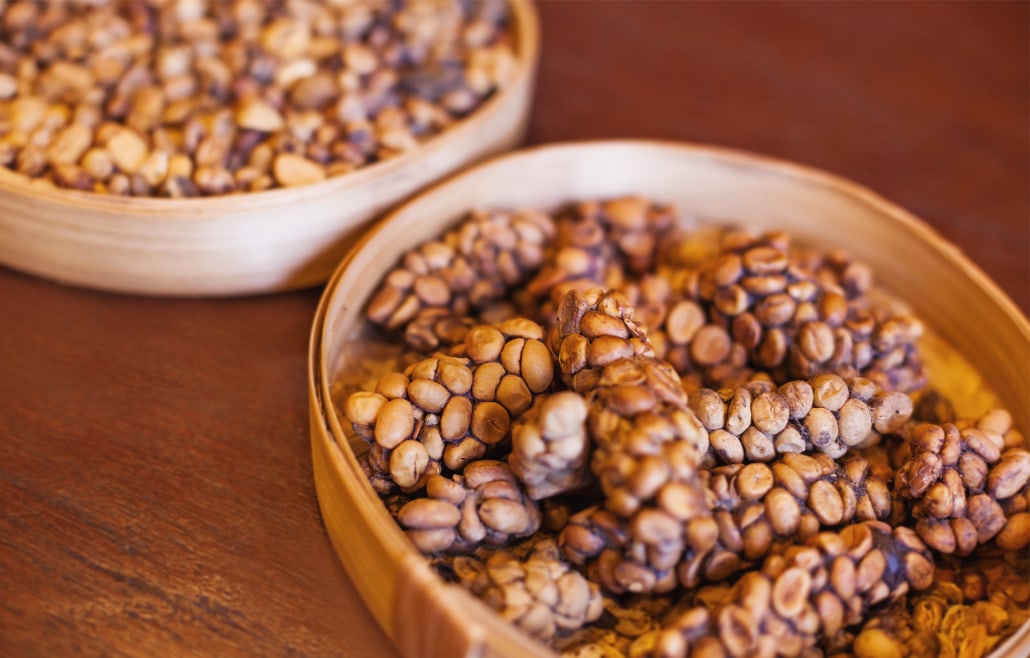
Waiting for animals to eat and poop coffee beans adds a whole new dimension to coffee processing.
Much like similar exclusive products such as truffles, farmers would have to search through forests. For the Kopi Luwak, these farmers would follow in the footsteps of the animals to collect their remains for harvest.
And on top of that, there needs to be a rigorous cleaning process in place. Food-borne illnesses from faecal contamination can be a real risk and concern.
To sum up, Kopi Luwak Coffee is a low-yield and high-risk good or food product. And in a consumer landscape and its market value, this will translate to high costs and sales prices.
Is it safe to drink Civet Coffee?
Yes, it is. The coffee is safe to drink. Because the washing and roasting process will entirely eliminate the germs.
Is it safe for the animal?
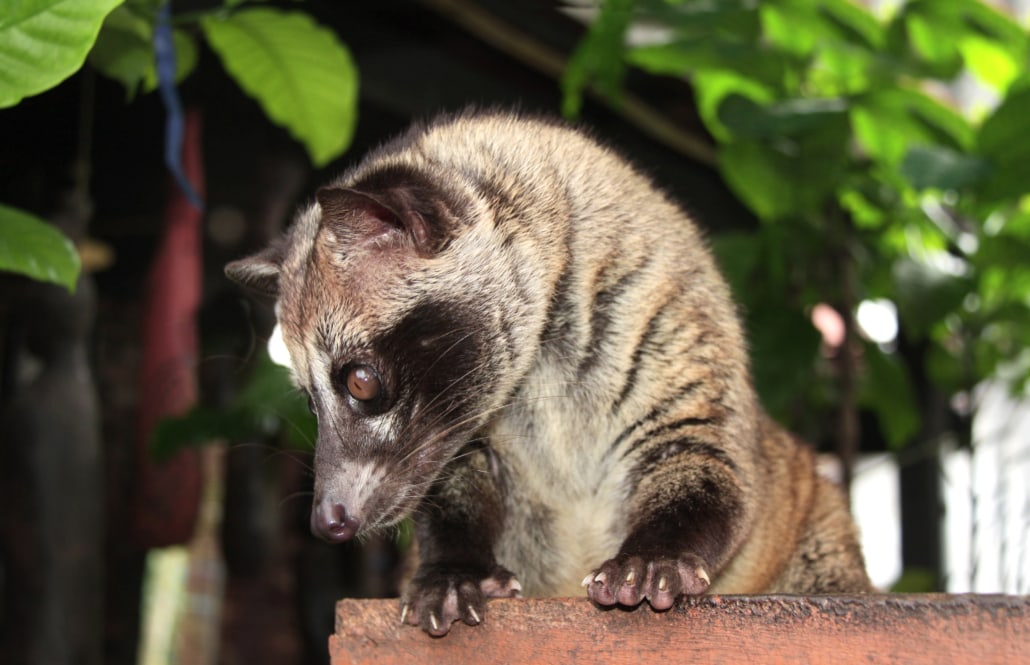
Well, that is a very different question and another story. Unfortunately, the answer is much more complex. We will get back to this topic later.
Just to give you a rough picture of my own opinion. The fact that it is practically impossible to know if the animals are wild or caged is enough for me to say no to civet coffee. Even though, as great as it may taste.
Why would anyone drink cat poop coffee?
How come, that someone ever had the idea of drinking this kind of coffee? Especially, after having to collect the beans from some animal’s poop, first?
According to history and as the story goes, the first people to drink Kopi Luwak coffee were workers on coffee plantations in former Dutch colonial Indonesia.
These local Indonesian farmers were forbidden to process their own coffee. They could not the beans, which they processed on the very own plantations they were working on.
So, they would learn about civet cat. An animal, which is naturally eating coffee beans. They started following these little creatures around. Soon, they found out about the potential coffee being made.
They really started to enjoy their own, local and original coffee.
Soon, word spread quickly and the Kopi Luwak became famous shortly after.
It is kind of paradox or ironic. This initial ‘poor man’s drink’ has become the world’s most expensive coffee these days.
Health benefits of coffee
Before we will have a closer look at the specifics of Kopi Luwak.
I would like to share two of the best well-known and universally acknowledged health benefits of all coffee types with you.

Great source of antioxidants
It may surprise you. But for people who generally eat a standard Western diet, coffee is usually one of the healthiest aspects of their diet.
The main reason is that coffee is quite high in antioxidants.
Various studies indicate that many people may get more antioxidants from coffee than from fruits and vegetables combined.
That’s pretty remarkable, in my opinion.
In fact, coffee may be one of the healthiest beverages on the planet. It can also help to protect your cells against DNA damage. Whichever could potentially lead to various types of cancer or other diseases, otherwise.
But besides antioxidants, there is more. Health benefits also come from the fact that coffee additionally contains many other essential nutrients.
These several important nutrients include roboflavin, pantothenic acid, manganese, potassium, magnesium and niacin.
The majority of all nutrients in coffee beans also make their way into the finished brewed coffee. None of them will be lost during the process.
Coffee and Diabetes
Coffee can help protect against type 2 diabetes.
You have probably heard of diabetes yourself already. Or you even know relatives or friends who might be affected by it.
One of my best friends has diabetes. So, I know quite well what can kind of effect this disease can have in our daily lives.
Diabetes typically characterizes elevated blood sugar levels by insulin resistance. Or, by a reduced ability to secret insuline.
Interestingly, it seems that coffee drinkers have significantly reduced risk of type 2 diabetes.
Recent studies show that people who regularly drink coffee can have up 25% lower risk of getting diabetes.
Of course, you should also be careful how much milk or sweetener you are adding to your daily cup of coffee. I would recommend you to use any coffee additives in a rather moderate way.
Otherwise, rather than boosting your health benefits when drinking coffee, you might diminish them instead.
By the way, some great alternative additives include almond milk, ginger powder, orange slices and many more.
More coffee benefits
Coffee researchers found many more universally acknowledged health benefits when it comes to coffee in general.

It helps lifting our mood and enhances our memory. Coffee also helps to prevent Parkinson’s disease.
Additionally, it can lower the risk of heart disease and strokes. Furthermore, coffee can make our hair and skin smoother and gives us higher physical abilities.
Coffee activates our brain cells, helps to burn fat and calories. Overall, it is just a great source of happiness.
Some even claim that people live longer.
On top of all these amazing benefits, Kopi Luwak even seems to have more in store for us.
Benefits of Kopi Luwak coffee
In the year of 2013, researchers from the Osaka University and the Indonesian Coffee and Cocoa Research Institute joined forces.
The goal was to study the biological and metabolomics differences between Kopi Luwak and other types of coffee.
To sum up, it was quite exceptional what the researchers were to discover. The health benefits of Kopi Luwak far exceed those of any other type of coffee.
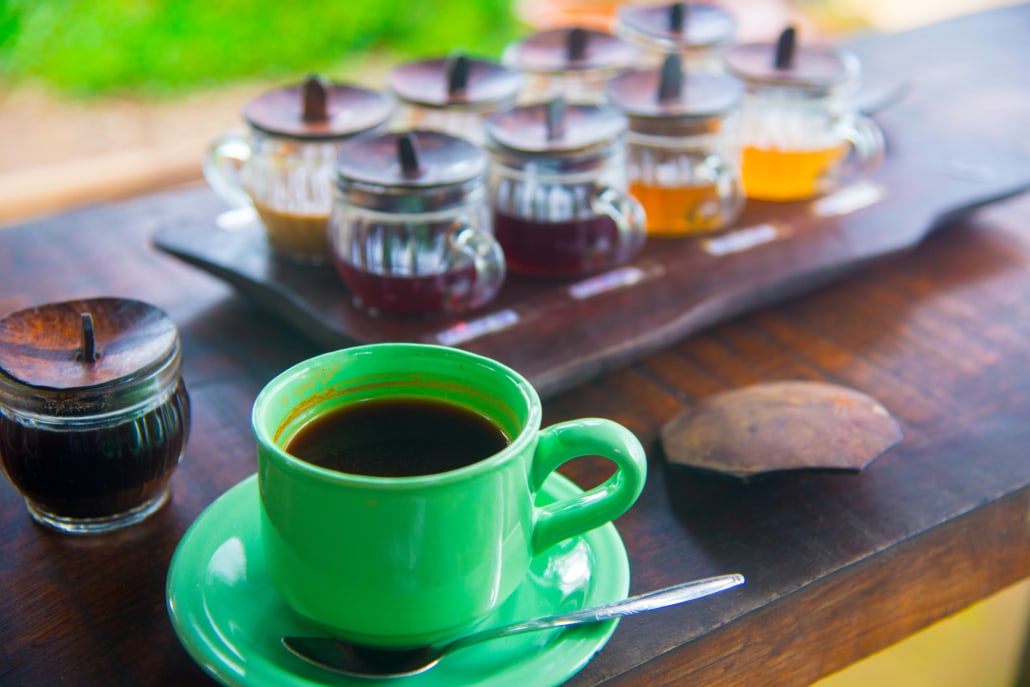
The final report mentions three particularly important health benefits.
Kopi Luwak and Malic Acid
In short, the malic acid is an organic compound made naturally by all living organisms.
It is best known for its ability to rapidly increase energy and tolerance to strenuous exercise and muscle pain. This is the reason, why malic acid is often given as a supplement for chronic fatigue syndrome.
The malic acid basically helps the body’s energy and its usage to become more efficiently.
Research results show that there are significantly higher levels of malic acid in Kopi Luwak than in other types of coffee.
This leads experts to believe to have found the reason why Kopi Luwak gives a smoother, longer-lasting boost of energy than other coffees.
Kopi Luwak and Critic Acid
The Critic acid is another astonishing organic compound. It naturally occurs in the body in rather small quantities.
On the other hand, citrus fruits such as lemons and limes contain larger quantities, for example.
This remarkable compound also plays a major role in the Krebs cycle. It boosts our body’s energy and especially increases our body’s pH levels.
Again, when comparing different coffee types, the Kopi Luwak contains much more critic acid than any other.
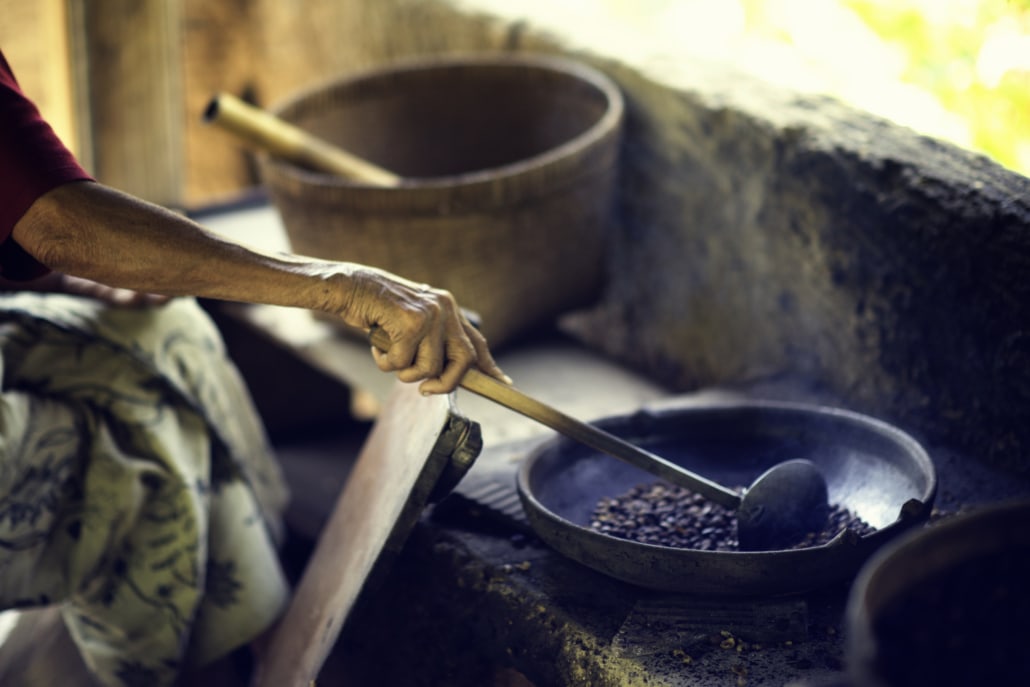
Traditional method of coffee roasting on a civet coffee farm in Indonesia. Coffee is produced from beans that have been eaten and defecated by civets. Also known as Kopi Luwak, this type of coffee is famous for its non-acidic, smooth taste and is one of the most expensive coffees in the world.
Besides giving us more energy, the critic acid also combats the development of kidney stones. And, it defends against osteoporosis by strengthening our bone structures.
Lastly, it increases overall iron absorption as well. It will eventually give us more energy again.
Kopi Luwak and Inositol
The Inositol is a natural sugar alcohol. It is naturally made in our kidneys and also be found in many other foods.
It is very essential in building cell membranes.
Furthermore, it also acts as a so-called ‘secondary messenger’ in our nervous system. This is actually a really good thing. Because the Inositol will increase the impact of neurotransmitters in our brain.
Inositol is really amazing in many regards. And, it has many more great benefits. It combats depression, anxiety and obsessive compulsive disorder, too.
As you can probably imagine by now. Again, Kopi Luwak contains the highest amount of Inositol than in any other tested coffee types.
All of these three benefits will surely boost your entire body system significantly.
However, this is actually only the beginning. There are actually a lot more great aspects worth mentioning.
In general, the basic outcome and principle of Kopi Luwak is really simple.
It contains all of the health benefits of other types of coffee and a lot more on top.
This clearly makes Kopi Luwak one of the healthiest coffees in the world.
Kopi Luwak and caffeine
How much caffeine is actually in Kopi Luwak?
For the same reason as why the coffee type has such enhanced health benefits and therefore unique flavor profile. It also has about half the caffeine as a regular cup of Arabica coffee.
Alternatively, Kopi Luwak has about one-quarter of the caffeine in a cup of robusta coffee.
These characteristics add to the overall smoother flavor of this coffee type.
Critics of Kopi Luwak coffee
As already mentioned, it is the most expensive coffee in the world.
But Kopi Luwak is also one of the most controversial ones. This has mainly to do with the actual coffee producer itself, the civet cat.
The Civet
Found in Southeast Asia and sub-Saharan Africa, the civet, a catlike creature, has a long tail like a monkey.
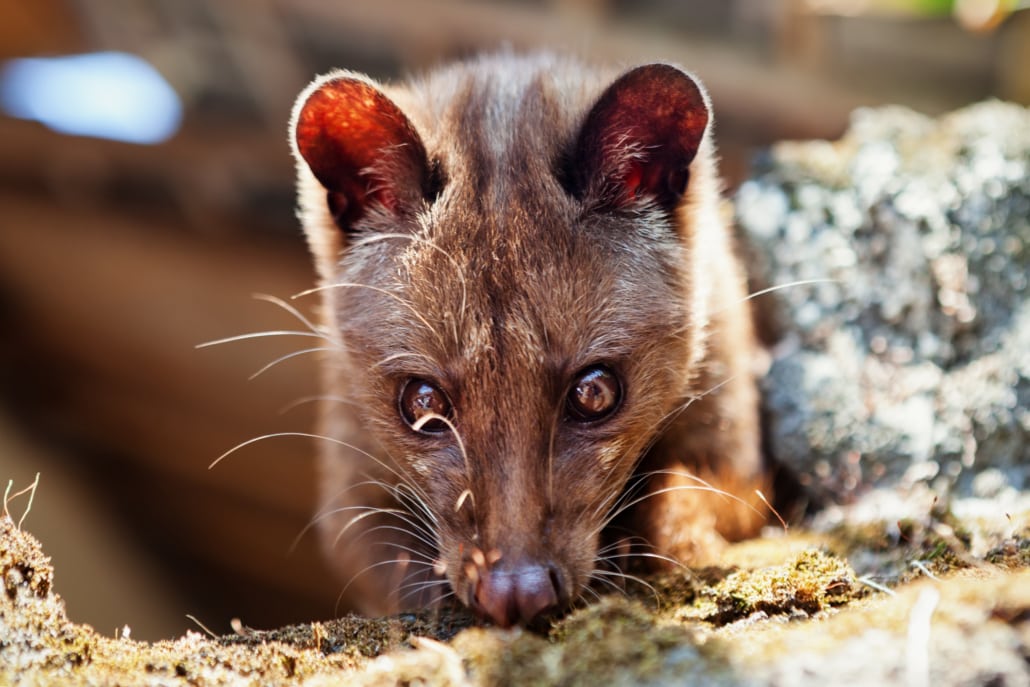
Additionally, it characteristically features face markings like raccoons. And, it is marked with stripes and spots on its body.
As with all beings in our nature, also the civet plays an important role in the food chain. It eats insects and small reptiles. In addition to fruits like coffee cherries and mangoes.
The civet is mostly being hunted and eaten by leopards, large snakes and crocodiles.
When the Kopi Luwak coffee first became successful and popular. It turned out to be a blessing for these creatures.
Before and especially in Indonesia, the Asian palm civet also raided commercial fruit farms. Therefore, many farmers rather found the civet to be a pest eating their precious goods. Local farmers used to hunt them down in order to protect their plantations.
But with the increasing popularity and market value of Kopi Luwak. The coffee industry rather encouraged local people to protect civets.
It is their digestive enzymes, which change the structure of proteins in the coffee beans. They are able to remove some of the beans’ acidity. To eventually make a smoother cup of coffee.
Success and its dilemma
For the last few decades, Indonesia and especially Bali has become a major tourist destination.
Many of these visitors of course also want to see and interact with wildlife. Kopi Luwak has become one of many tourist attractions.
Combined with the high selling prices for its coffee, many wild civets have been captured. They are confined to cages on coffee plantations.
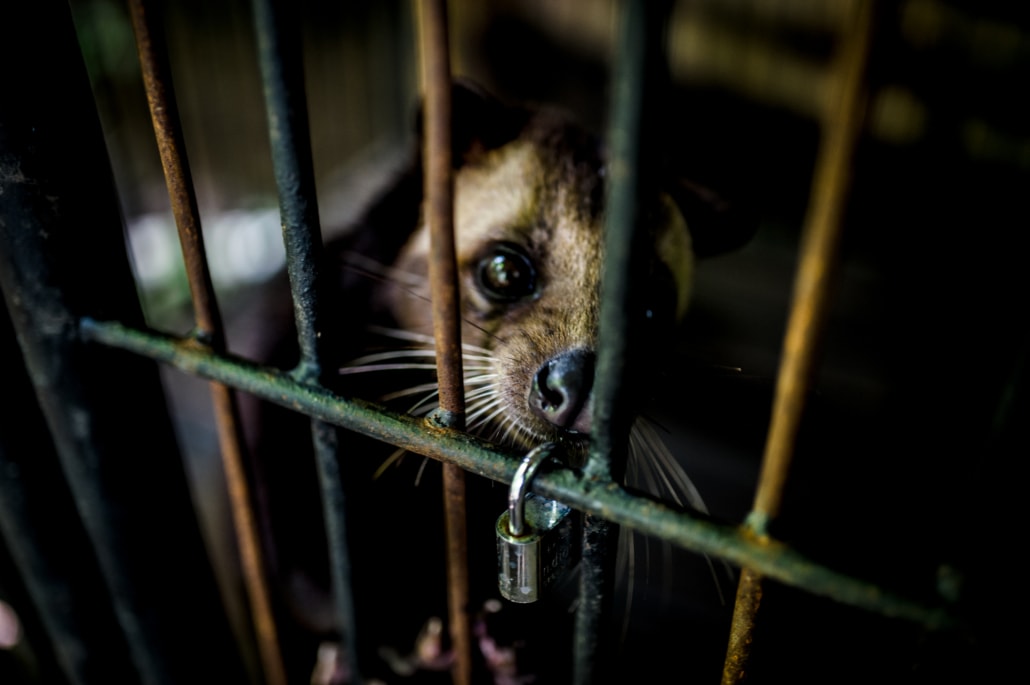
It is already terrible enough that these amazing creatures are imprisoned in cages. But it is even worse, if you could see with your own eyes how small or even tiny these cages are.
They can hardly move in them at all. As a result, they are constantly soaked through their own urine. And, they are surrounded by their own ‘precious’ droppings all over.
It even gets worse.
In order to increase coffee production. Some of the civets are very thin, from being fed a very restricted diet of only coffee cherries.
As for other cases, their natural food sources have entirely been taken away. They were replaced by coffee beans instead only.
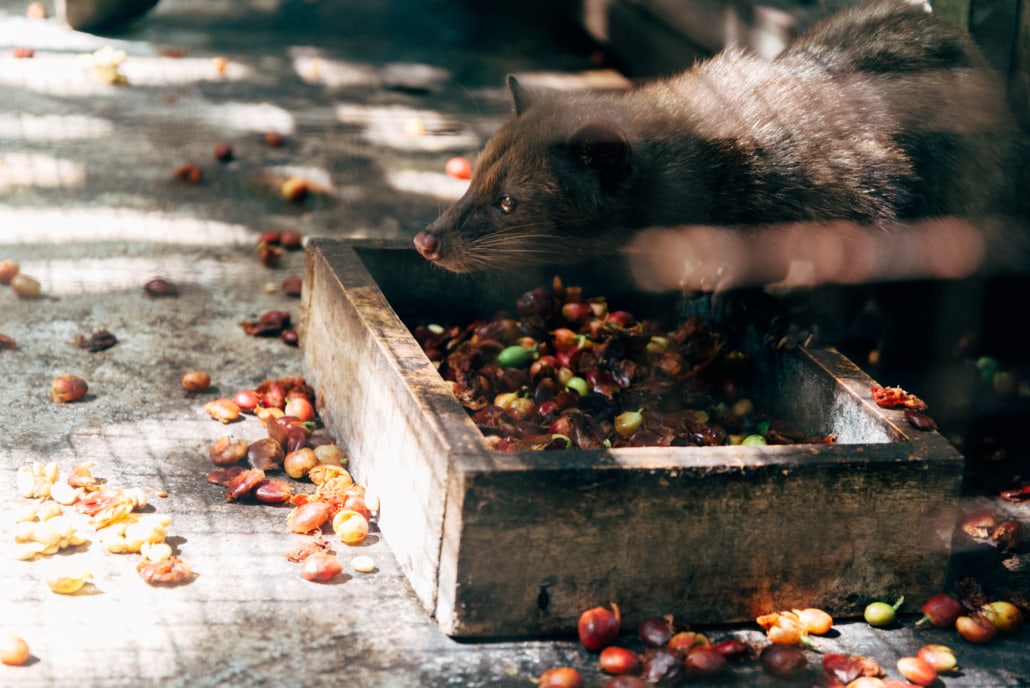
Even more so and quite the opposite at other plantations, civets were fat. From never being able to move around freely.
On top and this is probably even the worst part.
The civets have to stand or lay on wire floor the entire time. It constantly causes pain and discomfort. The majority of plantation farmers use wire floor cages. So, the poop can just fall through and collected much faster and easier.
Additionally and lastly, many of the civets have no access to clean water. And, they have no opportunity to interact with other civets. Instead, they are exposed to daytime noise such as traffic and tourists.
You can probably imagine yourself. This is particularly disturbing for these nocturnal animals.
Wild or Caged: Who knows?
Since we have found out that wild Kopi Luwak coffee generates higher prices and income for local communities. This exact circumstance also and sadly is being abused more and more.
Several undercover investigations revealed and shared insights.
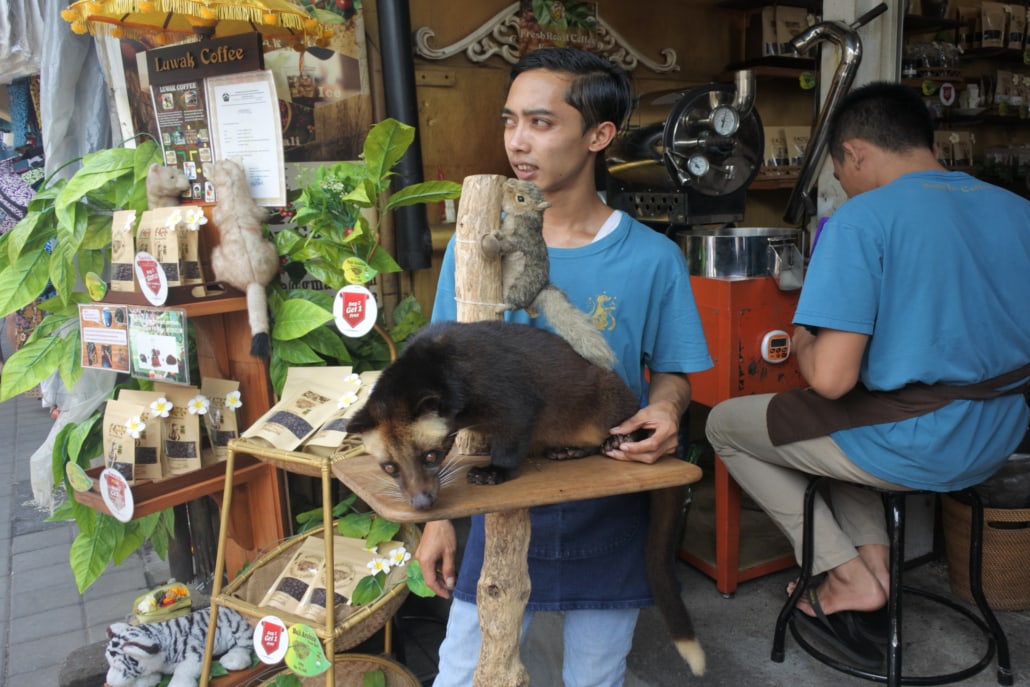
In many cases, coffee from caged civets in inhumane conditions will end up being labelled as wild civet coffee in Western shops.
The entire market around the coffee has become increasingly industrialized, abusive and fake.
There is no controlled certification system established. A system, which could potentially ensure that coffee labelled ‘wild’ is actually that.
It has even gone a lot further. Most internationally and professionally working coffee certifiers, who usually ensure environmentally responsible farming and production, refuse to certify any Kopi Luwak related product at all.
The Sustainable Agriculture Network standards, or SAN, of course forbids the hunting and capture of wild animals on farms.
The prohibition of caged civets is specifically singled out in the SAN guidelines for coffee in Indonesia.
Alex Morgan at the Rainforest Alliance, which uses SAN standards, says it’s too risky to certify kopi luwak.
It’s just too hard to establish. Whether the beans are 100 percent wild-sourced or not.
Expert opinions on Kopi Luwak
When reading all of the benefits and flavor profile, it sounds like this coffee might just be delicious.
But it actually appears that expert opinions are very much split.
Specialty coffee enthusiasts in particular describe Kopi Luwak as an inferior tasting coffee. It is thin and lacks acidity. As well as other usual characteristics we can find in specialty coffee.
Together with the increasingly well-document living circumstances of the civet, more and more coffee experts have become quite passionate demonizing Kopi Luwak in general.
I will leave this choice to you.
SUMMARY
Overall, it can be said that Kopi Luwak’s fame is more about the novelty of the bean.
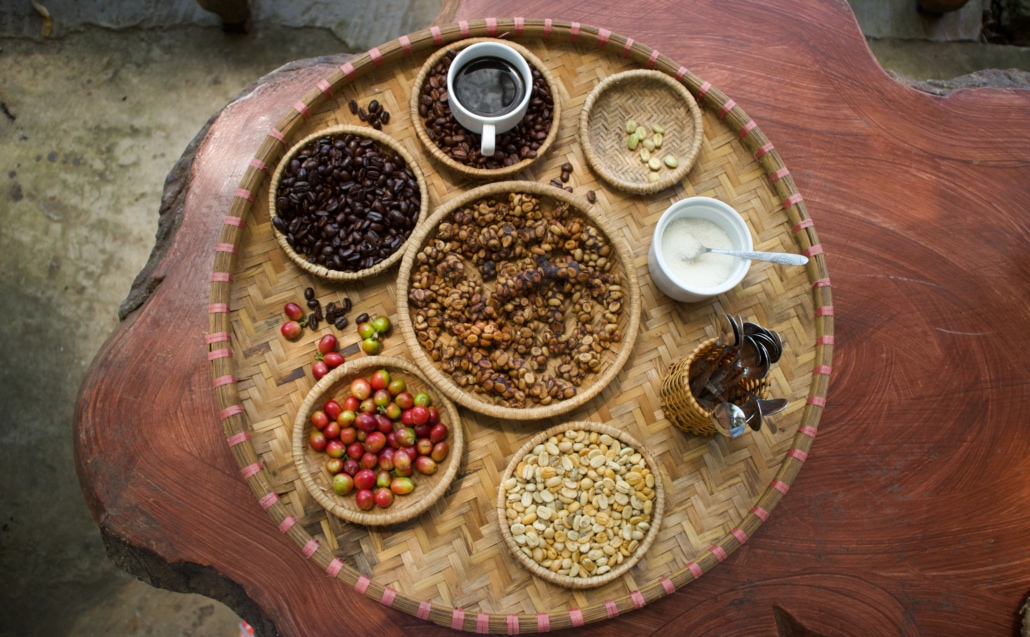
It has less become popular and very expensive due to its flavor.
The entire story surrounding Kopi Luwak and its process made it famous. But its growing demand and success has brought more and more questionable factors with it, in our days.
Again, you can make up your mind yourself maybe.
Perhaps you will really have to try a cup of Kopi Luwak coffee yourself. After, you will either believe or not support its hype.
It is very easy to find these coffee beans online. But at the same time, it is almost impossible to entirely ensure that you will order beans from wild civets only.
Your coffee will mostly likely be the opposite, to be honest. Even if you would pay a high price for it, it can not be guaranteed. And the ethical concerns still remain.
Let me know, what you think about it?
Would you try and drink cat poop coffee? Or would you rather choose to stay away from it?
Feel free to share your comments and experiences with us.
Related Posts
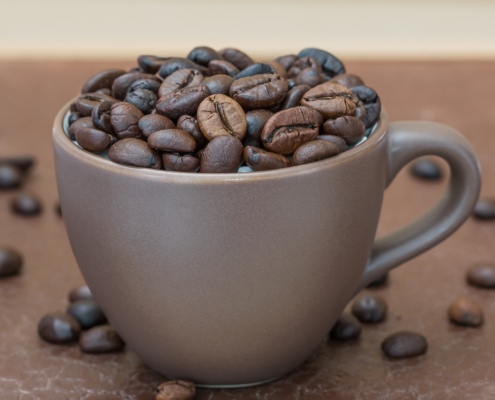 https://www.siamhillscoffee.com/wp-content/uploads/What-is-Liberica-Coffee-–-The-Worlds-Rarest-Coffee-Type-–-1.jpg
1384
2165
Siamhillscoffee
https://www.siamhillscoffee.com/wp-content/uploads/coffee-logo.png
Siamhillscoffee2021-04-25 11:33:222021-04-25 11:33:22What is Liberica Coffee – The World’s Rarest Coffee Type –
https://www.siamhillscoffee.com/wp-content/uploads/What-is-Liberica-Coffee-–-The-Worlds-Rarest-Coffee-Type-–-1.jpg
1384
2165
Siamhillscoffee
https://www.siamhillscoffee.com/wp-content/uploads/coffee-logo.png
Siamhillscoffee2021-04-25 11:33:222021-04-25 11:33:22What is Liberica Coffee – The World’s Rarest Coffee Type – https://www.siamhillscoffee.com/wp-content/uploads/What-is-Latte-Art-–-Its-Fundamentals-History-and-Techniques-–-1.jpg
1414
2121
Siamhillscoffee
https://www.siamhillscoffee.com/wp-content/uploads/coffee-logo.png
Siamhillscoffee2021-04-25 11:28:272021-04-25 11:28:27What is Latte Art – Its Fundamentals, History and Techniques –
https://www.siamhillscoffee.com/wp-content/uploads/What-is-Latte-Art-–-Its-Fundamentals-History-and-Techniques-–-1.jpg
1414
2121
Siamhillscoffee
https://www.siamhillscoffee.com/wp-content/uploads/coffee-logo.png
Siamhillscoffee2021-04-25 11:28:272021-04-25 11:28:27What is Latte Art – Its Fundamentals, History and Techniques –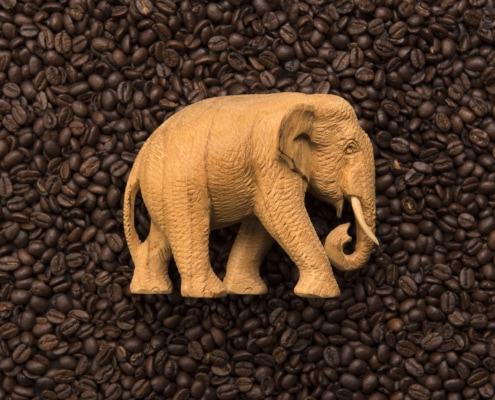 https://www.siamhillscoffee.com/wp-content/uploads/Elephant-coffee-–-The-new-luxury-coffee-–-How-great-is-it-1.jpg
1445
2075
Siamhillscoffee
https://www.siamhillscoffee.com/wp-content/uploads/coffee-logo.png
Siamhillscoffee2021-04-25 11:23:422021-04-25 11:23:42Elephant coffee – The new luxury coffee – How great is it?
https://www.siamhillscoffee.com/wp-content/uploads/Elephant-coffee-–-The-new-luxury-coffee-–-How-great-is-it-1.jpg
1445
2075
Siamhillscoffee
https://www.siamhillscoffee.com/wp-content/uploads/coffee-logo.png
Siamhillscoffee2021-04-25 11:23:422021-04-25 11:23:42Elephant coffee – The new luxury coffee – How great is it?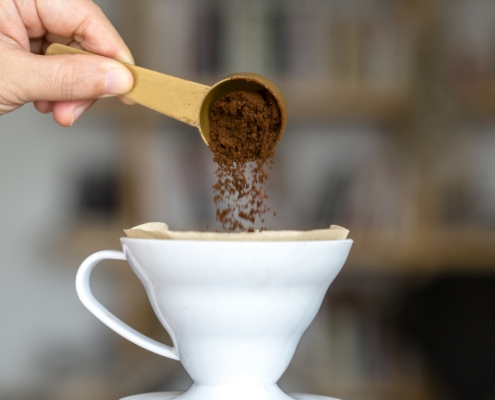 https://www.siamhillscoffee.com/wp-content/uploads/Filter-Coffee-and-Instant-Coffee-–-Whats-the-Difference-–-1.jpg
1414
2121
Siamhillscoffee
https://www.siamhillscoffee.com/wp-content/uploads/coffee-logo.png
Siamhillscoffee2021-04-25 11:15:412021-04-25 11:15:41Filter Coffee and Instant Coffee – What’s the Difference? –
https://www.siamhillscoffee.com/wp-content/uploads/Filter-Coffee-and-Instant-Coffee-–-Whats-the-Difference-–-1.jpg
1414
2121
Siamhillscoffee
https://www.siamhillscoffee.com/wp-content/uploads/coffee-logo.png
Siamhillscoffee2021-04-25 11:15:412021-04-25 11:15:41Filter Coffee and Instant Coffee – What’s the Difference? – https://www.siamhillscoffee.com/wp-content/uploads/Cappuccino-and-Latte-–-Whats-The-Difference-–-1.jpg
1399
2143
Siamhillscoffee
https://www.siamhillscoffee.com/wp-content/uploads/coffee-logo.png
Siamhillscoffee2021-04-25 11:05:382021-04-25 11:11:21Cappuccino and Latte – What’s The Difference –
https://www.siamhillscoffee.com/wp-content/uploads/Cappuccino-and-Latte-–-Whats-The-Difference-–-1.jpg
1399
2143
Siamhillscoffee
https://www.siamhillscoffee.com/wp-content/uploads/coffee-logo.png
Siamhillscoffee2021-04-25 11:05:382021-04-25 11:11:21Cappuccino and Latte – What’s The Difference –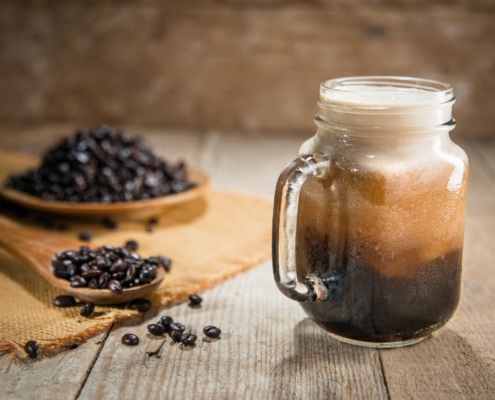 https://www.siamhillscoffee.com/wp-content/uploads/Nitro-Coffee-or-Regular-Coffee-Which-is-Better-–-1.jpg
1414
2121
Siamhillscoffee
https://www.siamhillscoffee.com/wp-content/uploads/coffee-logo.png
Siamhillscoffee2021-04-25 11:01:372021-04-25 11:01:37Nitro Coffee or Regular Coffee – Which is Better –
https://www.siamhillscoffee.com/wp-content/uploads/Nitro-Coffee-or-Regular-Coffee-Which-is-Better-–-1.jpg
1414
2121
Siamhillscoffee
https://www.siamhillscoffee.com/wp-content/uploads/coffee-logo.png
Siamhillscoffee2021-04-25 11:01:372021-04-25 11:01:37Nitro Coffee or Regular Coffee – Which is Better –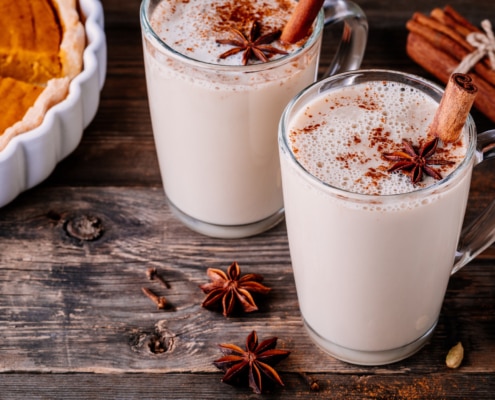 https://www.siamhillscoffee.com/wp-content/uploads/What-is-a-Dirty-Chai-or-Chai-Tea-Latte-–-A-Complete-Overview-–-1.jpg
1414
2121
Siamhillscoffee
https://www.siamhillscoffee.com/wp-content/uploads/coffee-logo.png
Siamhillscoffee2021-04-03 03:00:442021-04-03 03:00:44What is a Dirty Chai or Chai Tea Latte – A Complete Overview –
https://www.siamhillscoffee.com/wp-content/uploads/What-is-a-Dirty-Chai-or-Chai-Tea-Latte-–-A-Complete-Overview-–-1.jpg
1414
2121
Siamhillscoffee
https://www.siamhillscoffee.com/wp-content/uploads/coffee-logo.png
Siamhillscoffee2021-04-03 03:00:442021-04-03 03:00:44What is a Dirty Chai or Chai Tea Latte – A Complete Overview – https://www.siamhillscoffee.com/wp-content/uploads/Filter-Coffee-and-Espresso-–-What-is-the-Difference-–-1.jpg
1397
2146
Siamhillscoffee
https://www.siamhillscoffee.com/wp-content/uploads/coffee-logo.png
Siamhillscoffee2021-04-03 02:55:042021-04-03 02:55:04Filter Coffee and Espresso – What is the Difference? –
https://www.siamhillscoffee.com/wp-content/uploads/Filter-Coffee-and-Espresso-–-What-is-the-Difference-–-1.jpg
1397
2146
Siamhillscoffee
https://www.siamhillscoffee.com/wp-content/uploads/coffee-logo.png
Siamhillscoffee2021-04-03 02:55:042021-04-03 02:55:04Filter Coffee and Espresso – What is the Difference? –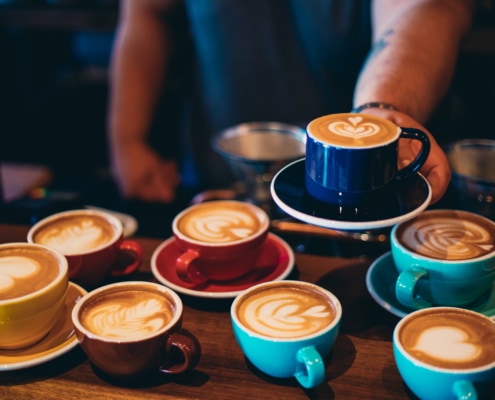 https://www.siamhillscoffee.com/wp-content/uploads/Cafe-au-Lait-and-Latte-–-Whats-The-Difference-–-1.jpg
1414
2121
Siamhillscoffee
https://www.siamhillscoffee.com/wp-content/uploads/coffee-logo.png
Siamhillscoffee2021-04-03 02:50:222021-04-03 02:50:22Café au Lait and Latte – What’s The Difference –
https://www.siamhillscoffee.com/wp-content/uploads/Cafe-au-Lait-and-Latte-–-Whats-The-Difference-–-1.jpg
1414
2121
Siamhillscoffee
https://www.siamhillscoffee.com/wp-content/uploads/coffee-logo.png
Siamhillscoffee2021-04-03 02:50:222021-04-03 02:50:22Café au Lait and Latte – What’s The Difference –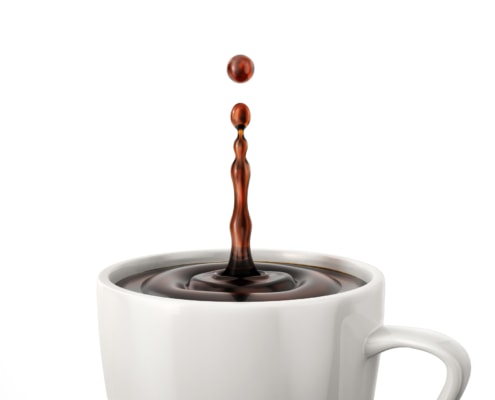 https://www.siamhillscoffee.com/wp-content/uploads/What-is-Red-Eye-Coffee-–-Everything-You-Need-to-Know-About-This-Eye-Opener-–-1.jpg
1414
2121
Siamhillscoffee
https://www.siamhillscoffee.com/wp-content/uploads/coffee-logo.png
Siamhillscoffee2021-03-21 04:01:332021-03-21 04:01:33What is Red Eye Coffee – Everything You Need to Know About This Eye-Opener –
https://www.siamhillscoffee.com/wp-content/uploads/What-is-Red-Eye-Coffee-–-Everything-You-Need-to-Know-About-This-Eye-Opener-–-1.jpg
1414
2121
Siamhillscoffee
https://www.siamhillscoffee.com/wp-content/uploads/coffee-logo.png
Siamhillscoffee2021-03-21 04:01:332021-03-21 04:01:33What is Red Eye Coffee – Everything You Need to Know About This Eye-Opener –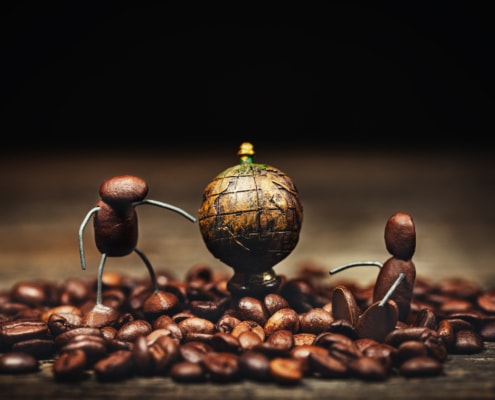 https://www.siamhillscoffee.com/wp-content/uploads/Top-10-Strangest-Coffee-Types-Beans-Special-Coffee-Experiences-–-1.jpg
1414
2121
Siamhillscoffee
https://www.siamhillscoffee.com/wp-content/uploads/coffee-logo.png
Siamhillscoffee2021-03-14 04:07:592021-03-14 04:07:59Top 10 Strangest Coffee Types & Beans – Special Coffee Experiences –
https://www.siamhillscoffee.com/wp-content/uploads/Top-10-Strangest-Coffee-Types-Beans-Special-Coffee-Experiences-–-1.jpg
1414
2121
Siamhillscoffee
https://www.siamhillscoffee.com/wp-content/uploads/coffee-logo.png
Siamhillscoffee2021-03-14 04:07:592021-03-14 04:07:59Top 10 Strangest Coffee Types & Beans – Special Coffee Experiences – https://www.siamhillscoffee.com/wp-content/uploads/What-is-an-Espresso-–-A-Complete-Guide-–-1.jpg
1414
2119
Siamhillscoffee
https://www.siamhillscoffee.com/wp-content/uploads/coffee-logo.png
Siamhillscoffee2021-03-14 03:48:102021-03-14 03:48:10What is an Espresso? – A Complete Guide –
https://www.siamhillscoffee.com/wp-content/uploads/What-is-an-Espresso-–-A-Complete-Guide-–-1.jpg
1414
2119
Siamhillscoffee
https://www.siamhillscoffee.com/wp-content/uploads/coffee-logo.png
Siamhillscoffee2021-03-14 03:48:102021-03-14 03:48:10What is an Espresso? – A Complete Guide –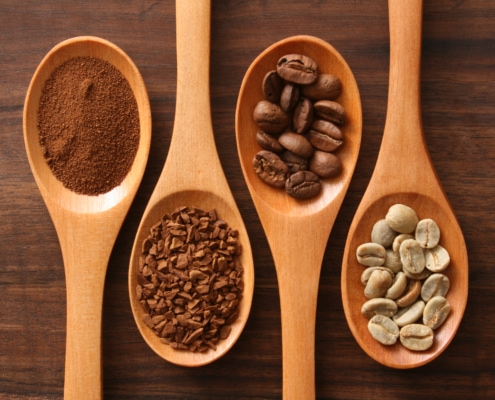 https://www.siamhillscoffee.com/wp-content/uploads/Top-6-Differences-Between-Ground-Coffee-And-Instant-Coffee-1-scaled.jpg
1920
2560
Siamhillscoffee
https://www.siamhillscoffee.com/wp-content/uploads/coffee-logo.png
Siamhillscoffee2021-03-14 03:40:432021-03-14 03:40:43Top 6 Differences Between Ground Coffee And Instant Coffee
https://www.siamhillscoffee.com/wp-content/uploads/Top-6-Differences-Between-Ground-Coffee-And-Instant-Coffee-1-scaled.jpg
1920
2560
Siamhillscoffee
https://www.siamhillscoffee.com/wp-content/uploads/coffee-logo.png
Siamhillscoffee2021-03-14 03:40:432021-03-14 03:40:43Top 6 Differences Between Ground Coffee And Instant Coffee https://www.siamhillscoffee.com/wp-content/uploads/What-is-a-Cafe-Latte-–-A-Complete-Guide-–-1.jpg
1414
2120
Siamhillscoffee
https://www.siamhillscoffee.com/wp-content/uploads/coffee-logo.png
Siamhillscoffee2021-03-14 03:25:172021-03-14 03:25:17What is a Café Latte? – A Complete Guide –
https://www.siamhillscoffee.com/wp-content/uploads/What-is-a-Cafe-Latte-–-A-Complete-Guide-–-1.jpg
1414
2120
Siamhillscoffee
https://www.siamhillscoffee.com/wp-content/uploads/coffee-logo.png
Siamhillscoffee2021-03-14 03:25:172021-03-14 03:25:17What is a Café Latte? – A Complete Guide –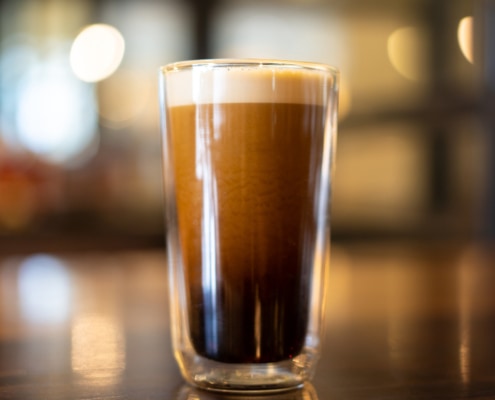 https://www.siamhillscoffee.com/wp-content/uploads/Beer-Coffee-Everybodys-Dream-Come-True-–-1.jpg
1414
2121
Siamhillscoffee
https://www.siamhillscoffee.com/wp-content/uploads/coffee-logo.png
Siamhillscoffee2021-03-14 03:21:082021-03-14 03:21:08Beer Coffee – Everybody’s Dream Come True –
https://www.siamhillscoffee.com/wp-content/uploads/Beer-Coffee-Everybodys-Dream-Come-True-–-1.jpg
1414
2121
Siamhillscoffee
https://www.siamhillscoffee.com/wp-content/uploads/coffee-logo.png
Siamhillscoffee2021-03-14 03:21:082021-03-14 03:21:08Beer Coffee – Everybody’s Dream Come True –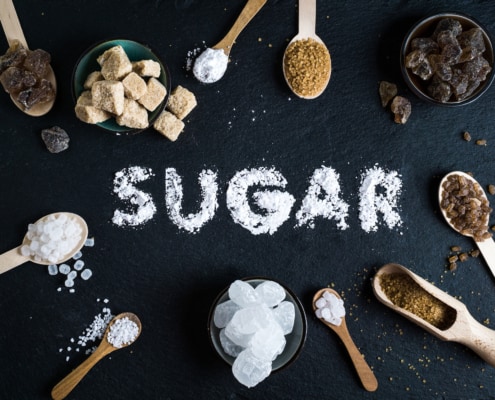 https://www.siamhillscoffee.com/wp-content/uploads/Natural-Coffee-Sweeteners-–-Best-Natural-Sugar-Substitutes-For-You-–-1.jpg
1502
1997
Siamhillscoffee
https://www.siamhillscoffee.com/wp-content/uploads/coffee-logo.png
Siamhillscoffee2021-02-20 05:43:182021-03-03 07:41:19Natural Coffee Sweeteners – Best Natural Sugar Substitutes For You –
https://www.siamhillscoffee.com/wp-content/uploads/Natural-Coffee-Sweeteners-–-Best-Natural-Sugar-Substitutes-For-You-–-1.jpg
1502
1997
Siamhillscoffee
https://www.siamhillscoffee.com/wp-content/uploads/coffee-logo.png
Siamhillscoffee2021-02-20 05:43:182021-03-03 07:41:19Natural Coffee Sweeteners – Best Natural Sugar Substitutes For You –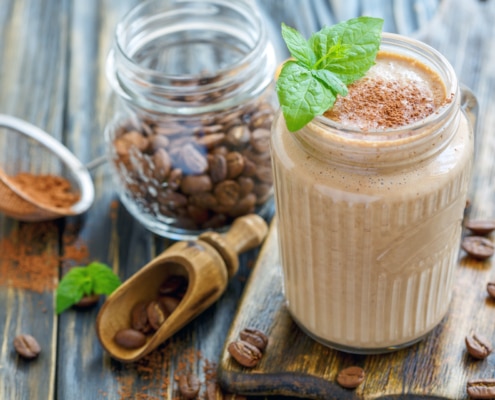 https://www.siamhillscoffee.com/wp-content/uploads/10-Best-Coffee-Smoothie-Recipes-–-Your-Perfectly-Delicious-Morning-Buzz-–-1-scaled.jpg
1707
2560
Siamhillscoffee
https://www.siamhillscoffee.com/wp-content/uploads/coffee-logo.png
Siamhillscoffee2021-02-20 05:32:312021-03-03 10:45:5410 Best Coffee Smoothie Recipes – Perfectly Delicious Morning Buzz –
https://www.siamhillscoffee.com/wp-content/uploads/10-Best-Coffee-Smoothie-Recipes-–-Your-Perfectly-Delicious-Morning-Buzz-–-1-scaled.jpg
1707
2560
Siamhillscoffee
https://www.siamhillscoffee.com/wp-content/uploads/coffee-logo.png
Siamhillscoffee2021-02-20 05:32:312021-03-03 10:45:5410 Best Coffee Smoothie Recipes – Perfectly Delicious Morning Buzz –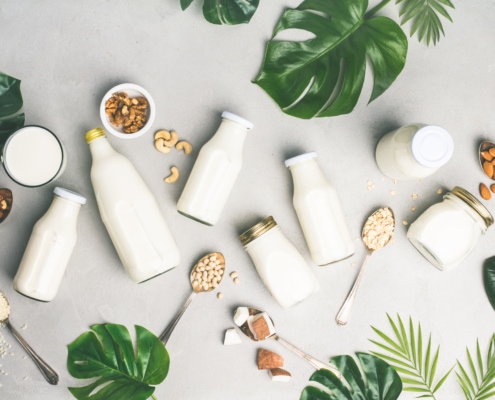 https://www.siamhillscoffee.com/wp-content/uploads/Great-Milk-Alternatives-–-Your-9-Best-Nondairy-Substitutes-for-Milk-–-1-scaled.jpg
1707
2560
Siamhillscoffee
https://www.siamhillscoffee.com/wp-content/uploads/coffee-logo.png
Siamhillscoffee2021-02-20 05:26:492021-03-03 10:47:18Great Milk Alternatives – Your 9 Best Nondairy Substitutes for Milk –
https://www.siamhillscoffee.com/wp-content/uploads/Great-Milk-Alternatives-–-Your-9-Best-Nondairy-Substitutes-for-Milk-–-1-scaled.jpg
1707
2560
Siamhillscoffee
https://www.siamhillscoffee.com/wp-content/uploads/coffee-logo.png
Siamhillscoffee2021-02-20 05:26:492021-03-03 10:47:18Great Milk Alternatives – Your 9 Best Nondairy Substitutes for Milk –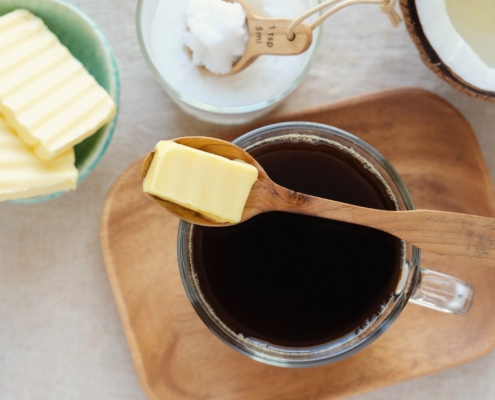 https://www.siamhillscoffee.com/wp-content/uploads/Butter-Coffee-Myths-versus-Facts-–-1.jpg
1414
2121
Siamhillscoffee
https://www.siamhillscoffee.com/wp-content/uploads/coffee-logo.png
Siamhillscoffee2021-02-20 05:14:182021-03-03 10:50:40Butter Coffee – Myths versus Facts –
https://www.siamhillscoffee.com/wp-content/uploads/Butter-Coffee-Myths-versus-Facts-–-1.jpg
1414
2121
Siamhillscoffee
https://www.siamhillscoffee.com/wp-content/uploads/coffee-logo.png
Siamhillscoffee2021-02-20 05:14:182021-03-03 10:50:40Butter Coffee – Myths versus Facts –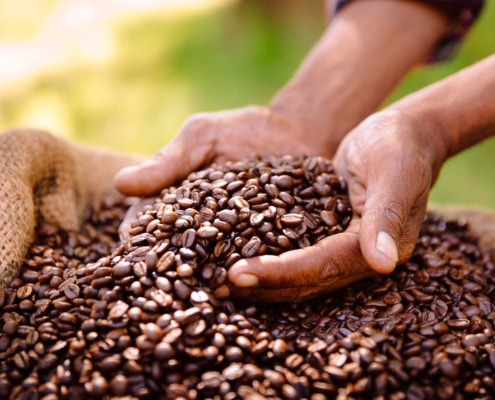 https://www.siamhillscoffee.com/wp-content/uploads/What-is-Specialty-Coffee-–-Everything-You-Need-to-Know-–-1-1.jpg
1414
2121
Siamhillscoffee
https://www.siamhillscoffee.com/wp-content/uploads/coffee-logo.png
Siamhillscoffee2021-02-20 05:10:372021-03-03 10:51:58What is Specialty Coffee? – Everything You Need to Know –
https://www.siamhillscoffee.com/wp-content/uploads/What-is-Specialty-Coffee-–-Everything-You-Need-to-Know-–-1-1.jpg
1414
2121
Siamhillscoffee
https://www.siamhillscoffee.com/wp-content/uploads/coffee-logo.png
Siamhillscoffee2021-02-20 05:10:372021-03-03 10:51:58What is Specialty Coffee? – Everything You Need to Know –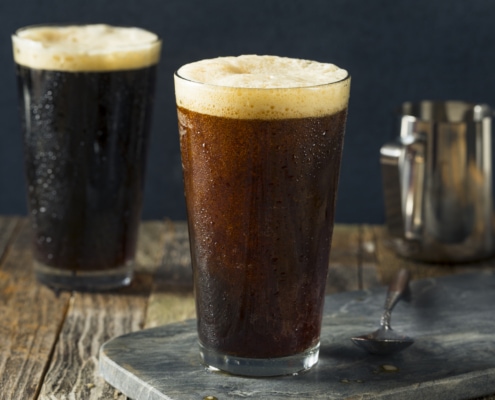 https://www.siamhillscoffee.com/wp-content/uploads/Nitro-Coffee-The-New-Big-Coffee-Trend-–-1.jpg
1414
2121
Siamhillscoffee
https://www.siamhillscoffee.com/wp-content/uploads/coffee-logo.png
Siamhillscoffee2021-02-20 05:03:032021-03-03 10:53:11Nitro Coffee – The New Big Coffee Trend –
https://www.siamhillscoffee.com/wp-content/uploads/Nitro-Coffee-The-New-Big-Coffee-Trend-–-1.jpg
1414
2121
Siamhillscoffee
https://www.siamhillscoffee.com/wp-content/uploads/coffee-logo.png
Siamhillscoffee2021-02-20 05:03:032021-03-03 10:53:11Nitro Coffee – The New Big Coffee Trend – https://www.siamhillscoffee.com/wp-content/uploads/What-is-a-Cafe-Cubano-–-A-Complete-Guide-–-1.jpg
1414
2121
Siamhillscoffee
https://www.siamhillscoffee.com/wp-content/uploads/coffee-logo.png
Siamhillscoffee2021-02-20 04:57:432021-03-03 10:54:47What is a Cafe Cubano – A Complete Guide –
https://www.siamhillscoffee.com/wp-content/uploads/What-is-a-Cafe-Cubano-–-A-Complete-Guide-–-1.jpg
1414
2121
Siamhillscoffee
https://www.siamhillscoffee.com/wp-content/uploads/coffee-logo.png
Siamhillscoffee2021-02-20 04:57:432021-03-03 10:54:47What is a Cafe Cubano – A Complete Guide – https://www.siamhillscoffee.com/wp-content/uploads/Espresso-and-Coffee-–-Whats-the-Difference-–-1.jpg
1414
2121
Siamhillscoffee
https://www.siamhillscoffee.com/wp-content/uploads/coffee-logo.png
Siamhillscoffee2021-02-20 04:52:232021-03-03 10:56:00Espresso and Coffee – What’s the Difference? –
https://www.siamhillscoffee.com/wp-content/uploads/Espresso-and-Coffee-–-Whats-the-Difference-–-1.jpg
1414
2121
Siamhillscoffee
https://www.siamhillscoffee.com/wp-content/uploads/coffee-logo.png
Siamhillscoffee2021-02-20 04:52:232021-03-03 10:56:00Espresso and Coffee – What’s the Difference? – https://www.siamhillscoffee.com/wp-content/uploads/What-is-a-Cortado-–-A-Complete-Overview-–-1-scaled.jpg
1707
2560
Siamhillscoffee
https://www.siamhillscoffee.com/wp-content/uploads/coffee-logo.png
Siamhillscoffee2021-02-12 08:02:382021-03-03 11:00:15What is a Cortado? – A Complete Overview –
https://www.siamhillscoffee.com/wp-content/uploads/What-is-a-Cortado-–-A-Complete-Overview-–-1-scaled.jpg
1707
2560
Siamhillscoffee
https://www.siamhillscoffee.com/wp-content/uploads/coffee-logo.png
Siamhillscoffee2021-02-12 08:02:382021-03-03 11:00:15What is a Cortado? – A Complete Overview – https://www.siamhillscoffee.com/wp-content/uploads/Decaf-Coffee-–-Is-Decaffeinated-Coffee-Good-or-Bad-–-1.jpg
1415
2120
Siamhillscoffee
https://www.siamhillscoffee.com/wp-content/uploads/coffee-logo.png
Siamhillscoffee2021-02-12 07:57:572021-03-03 11:01:42Decaf Coffee – Is Decaffeinated Coffee Good or Bad? –
https://www.siamhillscoffee.com/wp-content/uploads/Decaf-Coffee-–-Is-Decaffeinated-Coffee-Good-or-Bad-–-1.jpg
1415
2120
Siamhillscoffee
https://www.siamhillscoffee.com/wp-content/uploads/coffee-logo.png
Siamhillscoffee2021-02-12 07:57:572021-03-03 11:01:42Decaf Coffee – Is Decaffeinated Coffee Good or Bad? –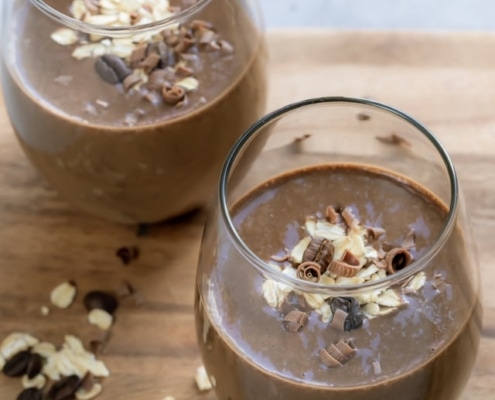 https://www.siamhillscoffee.com/wp-content/uploads/10-Best-Coffee-Protein-Shakes-–-Make-Your-Morning-Better-–-1.jpg
960
640
Siamhillscoffee
https://www.siamhillscoffee.com/wp-content/uploads/coffee-logo.png
Siamhillscoffee2021-02-12 07:48:282021-03-03 11:04:1910 Best Coffee Protein Shakes – Make Your Morning Better –
https://www.siamhillscoffee.com/wp-content/uploads/10-Best-Coffee-Protein-Shakes-–-Make-Your-Morning-Better-–-1.jpg
960
640
Siamhillscoffee
https://www.siamhillscoffee.com/wp-content/uploads/coffee-logo.png
Siamhillscoffee2021-02-12 07:48:282021-03-03 11:04:1910 Best Coffee Protein Shakes – Make Your Morning Better – https://www.siamhillscoffee.com/wp-content/uploads/What-is-Chicory-Coffee-–-A-Healthy-Alternative-to-Coffee-or-Not-–-1-scaled.jpg
1747
2560
Siamhillscoffee
https://www.siamhillscoffee.com/wp-content/uploads/coffee-logo.png
Siamhillscoffee2021-02-12 07:37:062021-03-03 11:06:59What is Chicory Coffee? – A Healthy Alternative to Coffee or Not –
https://www.siamhillscoffee.com/wp-content/uploads/What-is-Chicory-Coffee-–-A-Healthy-Alternative-to-Coffee-or-Not-–-1-scaled.jpg
1747
2560
Siamhillscoffee
https://www.siamhillscoffee.com/wp-content/uploads/coffee-logo.png
Siamhillscoffee2021-02-12 07:37:062021-03-03 11:06:59What is Chicory Coffee? – A Healthy Alternative to Coffee or Not –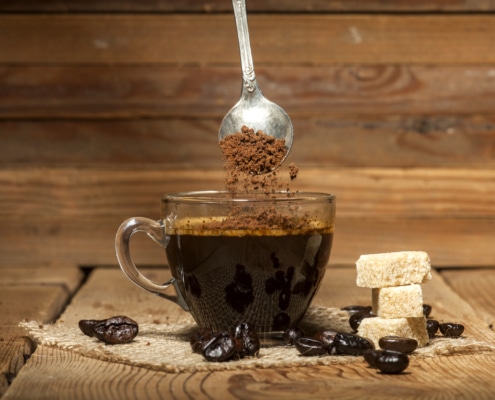 https://www.siamhillscoffee.com/wp-content/uploads/Instant-Coffee-and-Ground-Coffee-–-Which-is-Better-–-1.jpg
1250
2399
Siamhillscoffee
https://www.siamhillscoffee.com/wp-content/uploads/coffee-logo.png
Siamhillscoffee2021-02-12 07:27:432021-03-03 11:09:42Instant Coffee and Ground Coffee – Which is Better? –
https://www.siamhillscoffee.com/wp-content/uploads/Instant-Coffee-and-Ground-Coffee-–-Which-is-Better-–-1.jpg
1250
2399
Siamhillscoffee
https://www.siamhillscoffee.com/wp-content/uploads/coffee-logo.png
Siamhillscoffee2021-02-12 07:27:432021-03-03 11:09:42Instant Coffee and Ground Coffee – Which is Better? –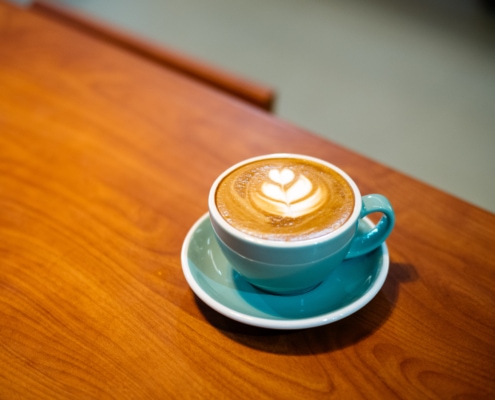 https://www.siamhillscoffee.com/wp-content/uploads/What-is-a-Flat-White-–-A-Complete-Guide-–-2.jpg
1414
2121
Siamhillscoffee
https://www.siamhillscoffee.com/wp-content/uploads/coffee-logo.png
Siamhillscoffee2021-02-12 07:21:312021-03-03 11:11:35What is a Flat White? – A Complete Guide –
https://www.siamhillscoffee.com/wp-content/uploads/What-is-a-Flat-White-–-A-Complete-Guide-–-2.jpg
1414
2121
Siamhillscoffee
https://www.siamhillscoffee.com/wp-content/uploads/coffee-logo.png
Siamhillscoffee2021-02-12 07:21:312021-03-03 11:11:35What is a Flat White? – A Complete Guide –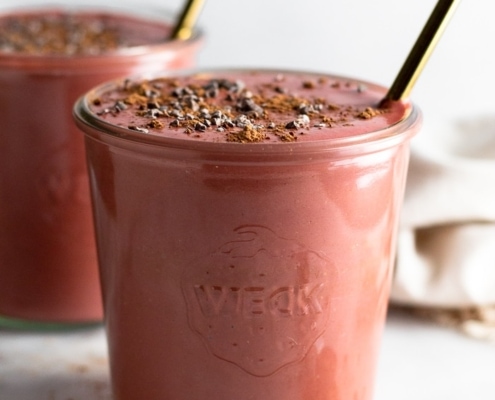 https://www.siamhillscoffee.com/wp-content/uploads/15-Great-Coffee-Breakfast-Smoothies-–-Simply-Delicious-Ways-to-Boost-Your-Morning-–14.jpg
1050
700
Siamhillscoffee
https://www.siamhillscoffee.com/wp-content/uploads/coffee-logo.png
Siamhillscoffee2021-02-12 06:52:492021-03-03 11:46:4615 Great Coffee Breakfast Smoothies – Delicious Ways to Boost Your Morning –
https://www.siamhillscoffee.com/wp-content/uploads/15-Great-Coffee-Breakfast-Smoothies-–-Simply-Delicious-Ways-to-Boost-Your-Morning-–14.jpg
1050
700
Siamhillscoffee
https://www.siamhillscoffee.com/wp-content/uploads/coffee-logo.png
Siamhillscoffee2021-02-12 06:52:492021-03-03 11:46:4615 Great Coffee Breakfast Smoothies – Delicious Ways to Boost Your Morning –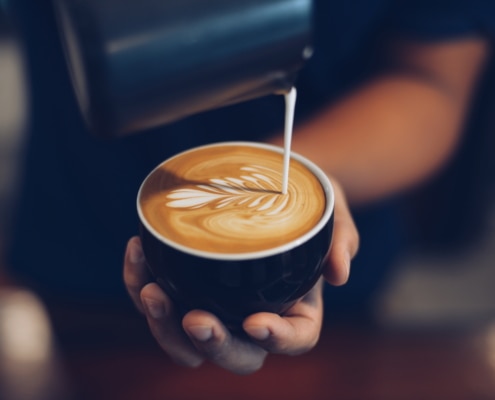 https://www.siamhillscoffee.com/wp-content/uploads/What-is-a-Cappuccino-–-A-Complete-Guide-–-1-scaled.jpg
1704
2560
Siamhillscoffee
https://www.siamhillscoffee.com/wp-content/uploads/coffee-logo.png
Siamhillscoffee2021-02-12 05:52:502021-03-03 11:51:41What is a Cappuccino? – A Complete Guide –
https://www.siamhillscoffee.com/wp-content/uploads/What-is-a-Cappuccino-–-A-Complete-Guide-–-1-scaled.jpg
1704
2560
Siamhillscoffee
https://www.siamhillscoffee.com/wp-content/uploads/coffee-logo.png
Siamhillscoffee2021-02-12 05:52:502021-03-03 11:51:41What is a Cappuccino? – A Complete Guide – https://www.siamhillscoffee.com/wp-content/uploads/What-is-an-Affogato-–-A-Complete-Guide-–-1-scaled.jpg
1700
2560
Siamhillscoffee
https://www.siamhillscoffee.com/wp-content/uploads/coffee-logo.png
Siamhillscoffee2021-02-12 05:24:302021-03-03 11:58:41What is an Affogato? – A Complete Guide –
https://www.siamhillscoffee.com/wp-content/uploads/What-is-an-Affogato-–-A-Complete-Guide-–-1-scaled.jpg
1700
2560
Siamhillscoffee
https://www.siamhillscoffee.com/wp-content/uploads/coffee-logo.png
Siamhillscoffee2021-02-12 05:24:302021-03-03 11:58:41What is an Affogato? – A Complete Guide –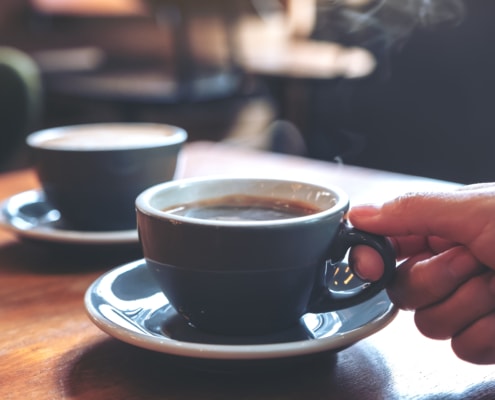 https://www.siamhillscoffee.com/wp-content/uploads/What-is-an-Americano-–-A-Complete-Guide-–-1-scaled.jpg
1707
2560
Siamhillscoffee
https://www.siamhillscoffee.com/wp-content/uploads/coffee-logo.png
Siamhillscoffee2021-02-12 05:20:142021-03-03 12:00:35What is an Americano – A Complete Guide –
https://www.siamhillscoffee.com/wp-content/uploads/What-is-an-Americano-–-A-Complete-Guide-–-1-scaled.jpg
1707
2560
Siamhillscoffee
https://www.siamhillscoffee.com/wp-content/uploads/coffee-logo.png
Siamhillscoffee2021-02-12 05:20:142021-03-03 12:00:35What is an Americano – A Complete Guide – https://www.siamhillscoffee.com/wp-content/uploads/15-Best-Iced-Coffee-Recipes-–-Your-Perfectly-Refreshing-Boost-and-Buzz-–-5-scaled.jpg
1440
2560
Siamhillscoffee
https://www.siamhillscoffee.com/wp-content/uploads/coffee-logo.png
Siamhillscoffee2021-02-12 05:00:102021-03-03 12:05:3015 Best Iced Coffee Recipes – Your Perfectly Refreshing Boost and Buzz –
https://www.siamhillscoffee.com/wp-content/uploads/15-Best-Iced-Coffee-Recipes-–-Your-Perfectly-Refreshing-Boost-and-Buzz-–-5-scaled.jpg
1440
2560
Siamhillscoffee
https://www.siamhillscoffee.com/wp-content/uploads/coffee-logo.png
Siamhillscoffee2021-02-12 05:00:102021-03-03 12:05:3015 Best Iced Coffee Recipes – Your Perfectly Refreshing Boost and Buzz –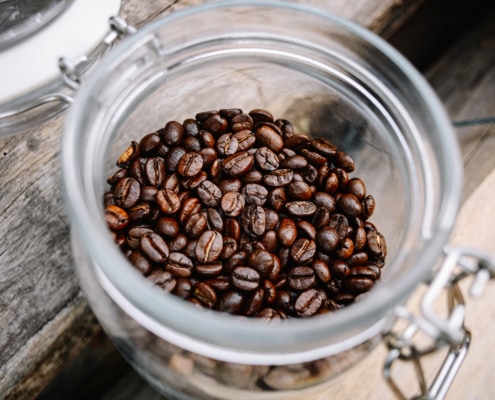 https://www.siamhillscoffee.com/wp-content/uploads/What-is-Robusta-Coffee-–Top-10-Robusta-vs.-Arabica-Differences-–-1-scaled.jpg
1696
2560
Siamhillscoffee
https://www.siamhillscoffee.com/wp-content/uploads/coffee-logo.png
Siamhillscoffee2021-02-12 04:50:162021-03-03 12:07:04What is Robusta Coffee? –Top 10 Robusta vs. Arabica Differences –
https://www.siamhillscoffee.com/wp-content/uploads/What-is-Robusta-Coffee-–Top-10-Robusta-vs.-Arabica-Differences-–-1-scaled.jpg
1696
2560
Siamhillscoffee
https://www.siamhillscoffee.com/wp-content/uploads/coffee-logo.png
Siamhillscoffee2021-02-12 04:50:162021-03-03 12:07:04What is Robusta Coffee? –Top 10 Robusta vs. Arabica Differences –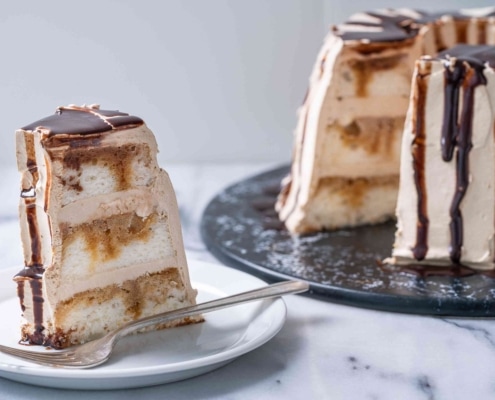 https://www.siamhillscoffee.com/wp-content/uploads/20-Best-Coffee-Dessert-Recipes-–-Your-Perfectly-Delicious-Coffee-Treat-–-1-scaled.jpg
1708
2560
Siamhillscoffee
https://www.siamhillscoffee.com/wp-content/uploads/coffee-logo.png
Siamhillscoffee2021-02-12 04:13:312021-03-03 12:17:1120 Best Coffee Dessert Recipes – Your Perfectly Delicious Coffee Treat –
https://www.siamhillscoffee.com/wp-content/uploads/20-Best-Coffee-Dessert-Recipes-–-Your-Perfectly-Delicious-Coffee-Treat-–-1-scaled.jpg
1708
2560
Siamhillscoffee
https://www.siamhillscoffee.com/wp-content/uploads/coffee-logo.png
Siamhillscoffee2021-02-12 04:13:312021-03-03 12:17:1120 Best Coffee Dessert Recipes – Your Perfectly Delicious Coffee Treat –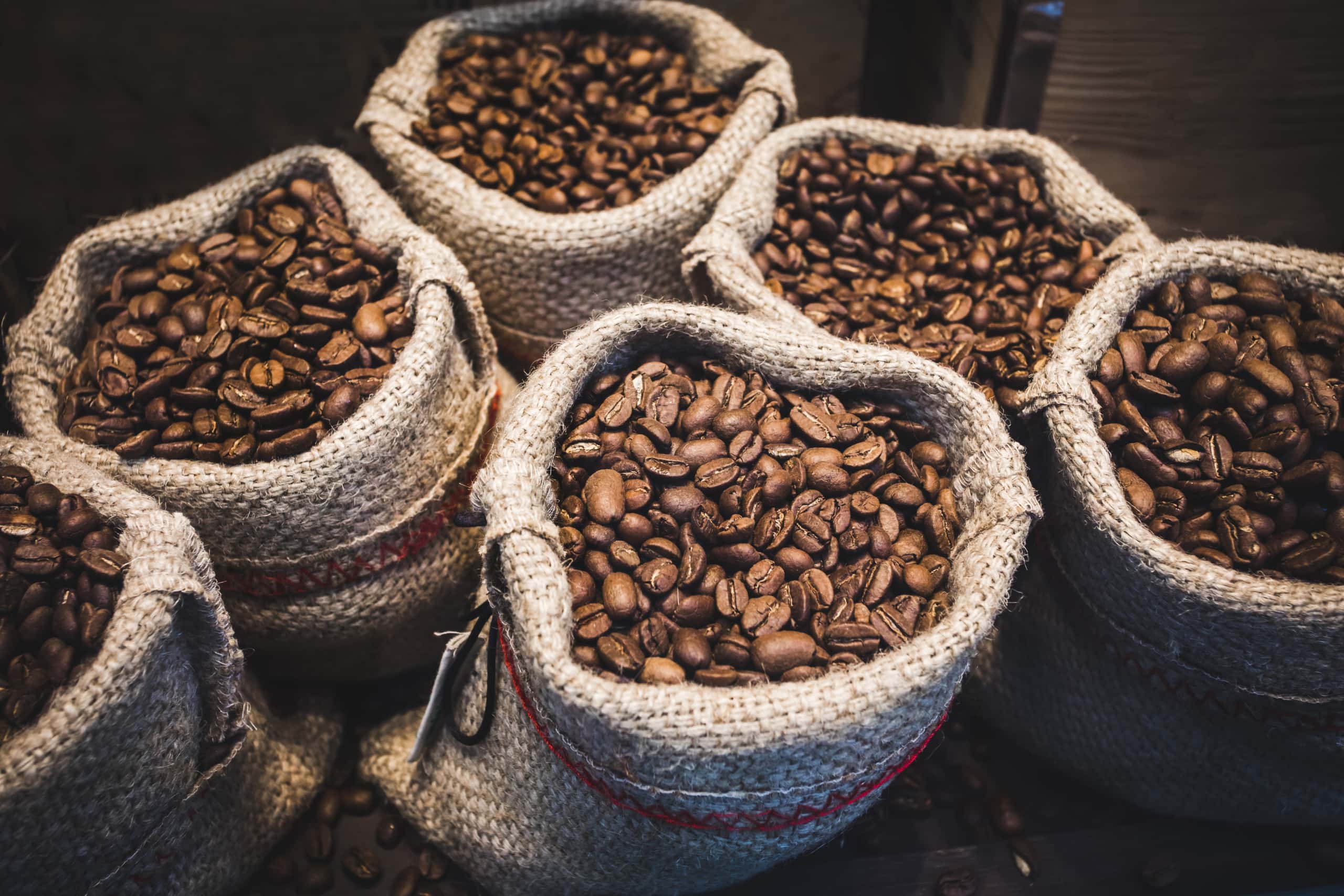 https://www.siamhillscoffee.com/wp-content/uploads/Arabica-and-Robusta-Coffee-–Top-10-Arabica-vs.-Robusta-Differences-–-1-scaled.jpg
1707
2560
Siamhillscoffee
https://www.siamhillscoffee.com/wp-content/uploads/coffee-logo.png
Siamhillscoffee2021-02-12 04:00:402021-03-03 12:21:42Arabica and Robusta Coffee –Top 10 Arabica vs. Robusta Differences –
https://www.siamhillscoffee.com/wp-content/uploads/Arabica-and-Robusta-Coffee-–Top-10-Arabica-vs.-Robusta-Differences-–-1-scaled.jpg
1707
2560
Siamhillscoffee
https://www.siamhillscoffee.com/wp-content/uploads/coffee-logo.png
Siamhillscoffee2021-02-12 04:00:402021-03-03 12:21:42Arabica and Robusta Coffee –Top 10 Arabica vs. Robusta Differences –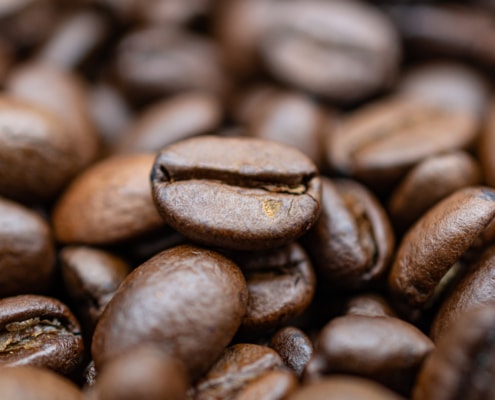 https://www.siamhillscoffee.com/wp-content/uploads/What-is-Arabica-Coffee-–Top-10-Arabica-vs.-Robusta-Differences-–-1-scaled.jpg
1820
2560
Siamhillscoffee
https://www.siamhillscoffee.com/wp-content/uploads/coffee-logo.png
Siamhillscoffee2021-02-12 03:36:062021-03-03 12:30:45What is Arabica Coffee? –Top 10 Arabica vs. Robusta Differences –
https://www.siamhillscoffee.com/wp-content/uploads/What-is-Arabica-Coffee-–Top-10-Arabica-vs.-Robusta-Differences-–-1-scaled.jpg
1820
2560
Siamhillscoffee
https://www.siamhillscoffee.com/wp-content/uploads/coffee-logo.png
Siamhillscoffee2021-02-12 03:36:062021-03-03 12:30:45What is Arabica Coffee? –Top 10 Arabica vs. Robusta Differences – https://www.siamhillscoffee.com/wp-content/uploads/Top-10-Best-Coffee-Drinks-in-the-World-Most-Consumed-Worldwide-–-1.jpg
1414
2121
Siamhillscoffee
https://www.siamhillscoffee.com/wp-content/uploads/coffee-logo.png
Siamhillscoffee2021-02-12 03:22:582021-03-03 12:33:14Top 10 Best Coffee Drinks in the World – Most Consumed Worldwide –
https://www.siamhillscoffee.com/wp-content/uploads/Top-10-Best-Coffee-Drinks-in-the-World-Most-Consumed-Worldwide-–-1.jpg
1414
2121
Siamhillscoffee
https://www.siamhillscoffee.com/wp-content/uploads/coffee-logo.png
Siamhillscoffee2021-02-12 03:22:582021-03-03 12:33:14Top 10 Best Coffee Drinks in the World – Most Consumed Worldwide – https://www.siamhillscoffee.com/wp-content/uploads/Top-10-Most-Popular-Espresso-Drinks-A-Complete-Overview-–-1.jpg
1392
2154
Siamhillscoffee
https://www.siamhillscoffee.com/wp-content/uploads/coffee-logo.png
Siamhillscoffee2021-02-12 03:15:472021-03-03 12:35:06Top 10 Most Popular Espresso Drinks – A Complete Overview –
https://www.siamhillscoffee.com/wp-content/uploads/Top-10-Most-Popular-Espresso-Drinks-A-Complete-Overview-–-1.jpg
1392
2154
Siamhillscoffee
https://www.siamhillscoffee.com/wp-content/uploads/coffee-logo.png
Siamhillscoffee2021-02-12 03:15:472021-03-03 12:35:06Top 10 Most Popular Espresso Drinks – A Complete Overview – https://www.siamhillscoffee.com/wp-content/uploads/20-Best-Barista-Coffee-Recipes-–-Your-Perfectly-Delicious-Coffee-Treat-–-9-scaled.jpg
1707
2560
Siamhillscoffee
https://www.siamhillscoffee.com/wp-content/uploads/coffee-logo.png
Siamhillscoffee2021-02-12 02:51:302021-02-20 14:07:0420 Best Barista Coffee Recipes – Your Perfectly Delicious Coffee Treat –
https://www.siamhillscoffee.com/wp-content/uploads/20-Best-Barista-Coffee-Recipes-–-Your-Perfectly-Delicious-Coffee-Treat-–-9-scaled.jpg
1707
2560
Siamhillscoffee
https://www.siamhillscoffee.com/wp-content/uploads/coffee-logo.png
Siamhillscoffee2021-02-12 02:51:302021-02-20 14:07:0420 Best Barista Coffee Recipes – Your Perfectly Delicious Coffee Treat –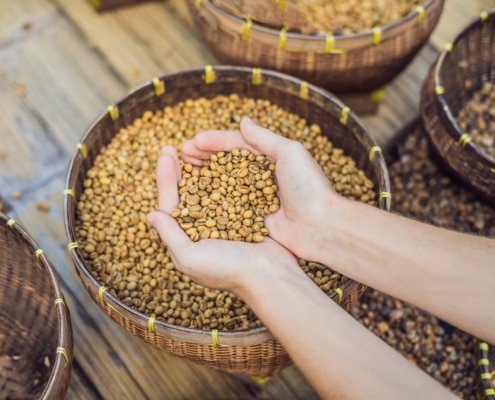 https://www.siamhillscoffee.com/wp-content/uploads/Kopi_Luwak_Coffee_The_Most_Expensive_Coffee_An_Honest_Opinion-4.jpg
1414
2121
Siamhillscoffee
https://www.siamhillscoffee.com/wp-content/uploads/coffee-logo.png
Siamhillscoffee2020-03-08 13:43:142021-03-03 13:34:22Kopi Luwak Coffee – The Most Expensive Coffee – An Honest Opinion
https://www.siamhillscoffee.com/wp-content/uploads/Kopi_Luwak_Coffee_The_Most_Expensive_Coffee_An_Honest_Opinion-4.jpg
1414
2121
Siamhillscoffee
https://www.siamhillscoffee.com/wp-content/uploads/coffee-logo.png
Siamhillscoffee2020-03-08 13:43:142021-03-03 13:34:22Kopi Luwak Coffee – The Most Expensive Coffee – An Honest Opinion https://www.siamhillscoffee.com/wp-content/uploads/Cold_Brew_Coffee_An_Honest_Opinion_All_You_Need_To_Know_1.jpg
3144
4608
Siamhillscoffee
https://www.siamhillscoffee.com/wp-content/uploads/coffee-logo.png
Siamhillscoffee2019-11-06 05:01:152021-03-03 13:30:17Cold Brew Coffee – An Honest Opinion – All You Need to Know
https://www.siamhillscoffee.com/wp-content/uploads/Cold_Brew_Coffee_An_Honest_Opinion_All_You_Need_To_Know_1.jpg
3144
4608
Siamhillscoffee
https://www.siamhillscoffee.com/wp-content/uploads/coffee-logo.png
Siamhillscoffee2019-11-06 05:01:152021-03-03 13:30:17Cold Brew Coffee – An Honest Opinion – All You Need to Know
